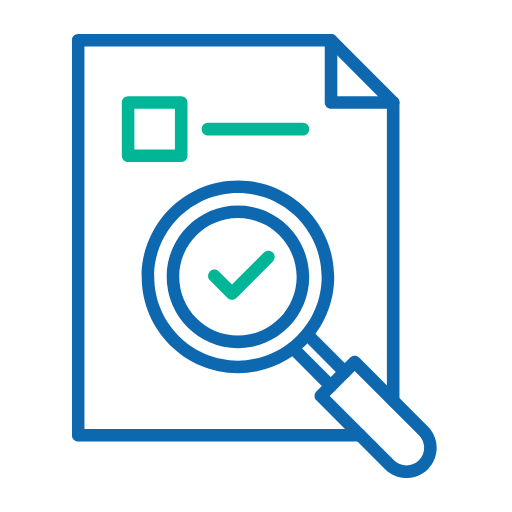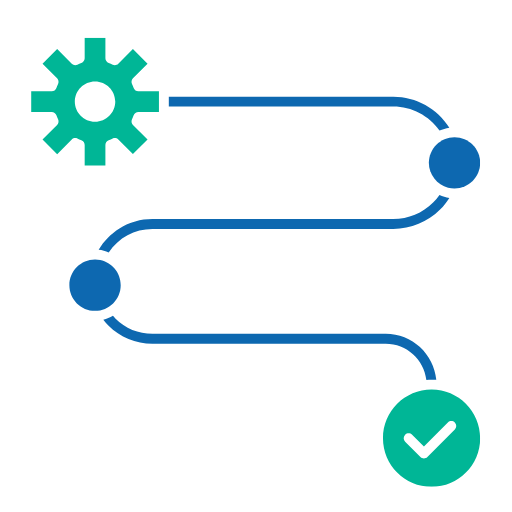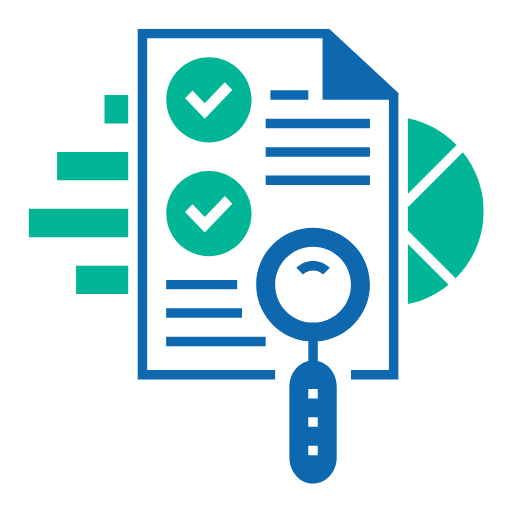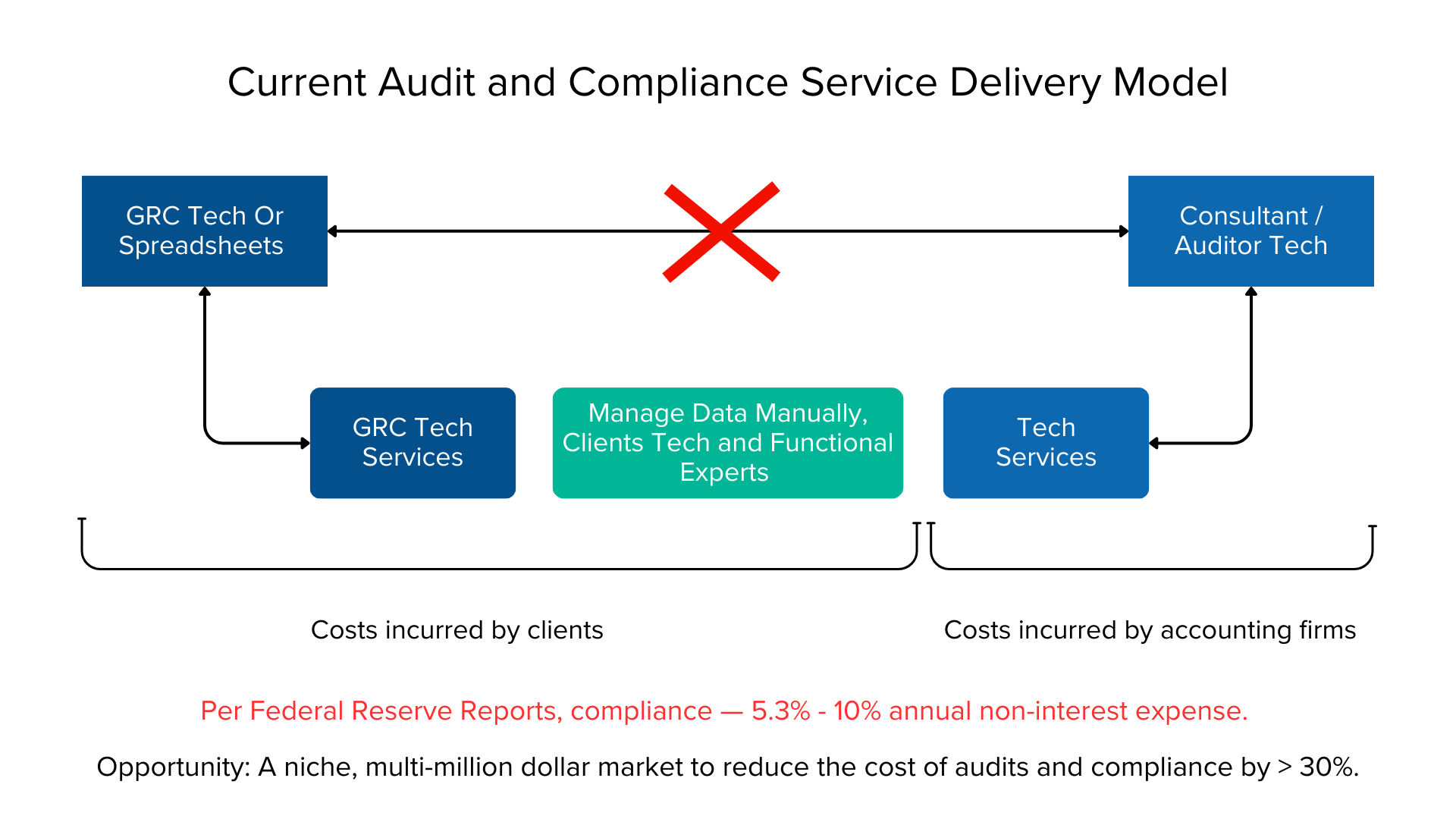What’s RegTech?
Discover how RegTech transforms compliance and audit management. Learn how BCube Analytics leverages innovative technology to simplify regulatory workflows.

It is no mystery why many companies struggle to implement new rule changes. Rule changes have skyrocketed by an eye-watering 500% in the last decade. In a world where a new regulatory alert is issued every seven minutes, many companies need help keeping up with the pace of change.

Managing risk and compliance and conducting regulatory audits and supervisory reviews requires excellent attention to detail and can be incredibly time-consuming when done manually. And yet, that's exactly what many businesses are trying to do. A 2017 study found that only 69% of Chief Compliance Officers (CCO) say their organization leverages technology to help with compliance initiatives. Moreover, less than half of organizations use data analytics and other advanced technology processes to manage compliance1

Navigating the world of regulatory compliance can be complex, but one thing is for sure: the pace of new rules will slow down soon. The rate might accelerate further if recent trends are anything to go by.

However, this doesn't mean companies should despair and resign themselves to being one step behind. RegTech provides the answer.

RegTech, or Regulatory Technology, applies cutting-edge emerging technology to help manage regulatory processes. RegTech solutions solve regulatory challenges by streamlining monitoring, reporting, and compliance activities. These solutions leverage powerful tools and robust content libraries to manage tasks, policies and procedures, evidence, and internal, external, or supervisory audits.
The Pain Points of Managing Regulatory Compliance Manually
Let's look at the critical tasks associated with regulatory compliance and why they are challenging to manage without RegTech solutions.

Keeping up to date with regulation - As we've discussed, regulation changes rapidly,
and keeping up to date is paramount. Without technology, businesses rely on
individuals to continually research upcoming changes, notify the relevant teams, and
update the policies and procedures.

Identifying new requirements—To successfully implement a recent rule change, you
need a thorough understanding of how it will impact your business. This step involves
several actions, including research on meeting compliance and presenting evidence
of compliance.

Maintaining compliance and assigning tasks—Compliance requires that companies
continually review and maintain their processes and procedures and identify gaps in
compliance. A large company could have over 1000 or even more controls and related
tasks to keep track of. Spreadsheets and emails do not match the problem's scale, and
critical actions are often missed.

Evidence for audits - Compliance activities must be assigned, tracked, and evidenced
for audits. This information must follow a logical workflow and be readily retrievable
when needed.

The Benefits of RegTech
Increasing productivity and efficiency
Regtech solutions allow companies to increase productivity by leveraging intelligent workflows and simple user interfaces to view every project comprehensively.
Analytics
Analytics reports help companies stay ahead of the competition by giving them a head start on solving problems or finding new opportunities.
Greater accuracy
Manual process handling is vulnerable to human error. Despite employees' best efforts, mistakes happen. The sheer amount of work involved in managing compliance today has exacerbated this problem, requiring employees to work harder and faster while maintaining high accuracy. RegTech solutions can solve this problem in many ways. For example, the software can link policies and procedures to the rules library and trigger notifications when a task requires action.

A comprehensive overview
Managing compliance manually usually involves several independent spreadsheets. It is needlessly convoluted and messy and opens the door for critical activities to be missed. When all risk and compliance activities are in one place, companies remain in control.

Streamlining work processes
Conducting compliance tasks manually is time-consuming, and a large part of this lost time comes from identifying the next steps. An automated RegTech solution eliminates this lost time—employees know which tasks to complete, boosting efficiency.
Greater transparency
Companies with siloed teams and processes struggle to manage compliance activities. However, with RegTech technology tools, transparency is increased across organizations. This promotes collaboration and ensures the company can obtain more valuable insights into its data analysis activities.
Market Size
The global audit software market is projected to experience robust growth, with a forecasted
compound annual growth rate (CAGR) of 11.3% from 2024 to 2032. This growth is attributed to
the increased reliance on data in internal audits, regulatory requirements, and the need for
effective data management to minimize risk and enhance security (Expert Market
Research,
2023). Furthermore, the global market for auditing services is also on the rise. It is valued at
USD 217.7 billion in 2021 and is anticipated to reach USD 287.2 billion by 2026, growing at a
CAGR of 4% (Market Data Forecast, 2022). Notably, the IT & telecom sector is estimated to
hold the largest market share during this period (GlobeNewswire,
2021). These trends underscore the burgeoning demand for advanced audit management solutions like BCube
RegStacker, which can capitalize on the growing market need for efficient, technology-driven
audit processes.
What's Next
It's time to move regulation management beyond spreadsheets and into RegTech workflow solutions that work. A comprehensive GRC solution like (BCube RegStacker Platform) empowers companies to collaborate with auditors, maintain compliance, and improve procedures in one user-friendly space. The future of managing compliance is RegTech.
